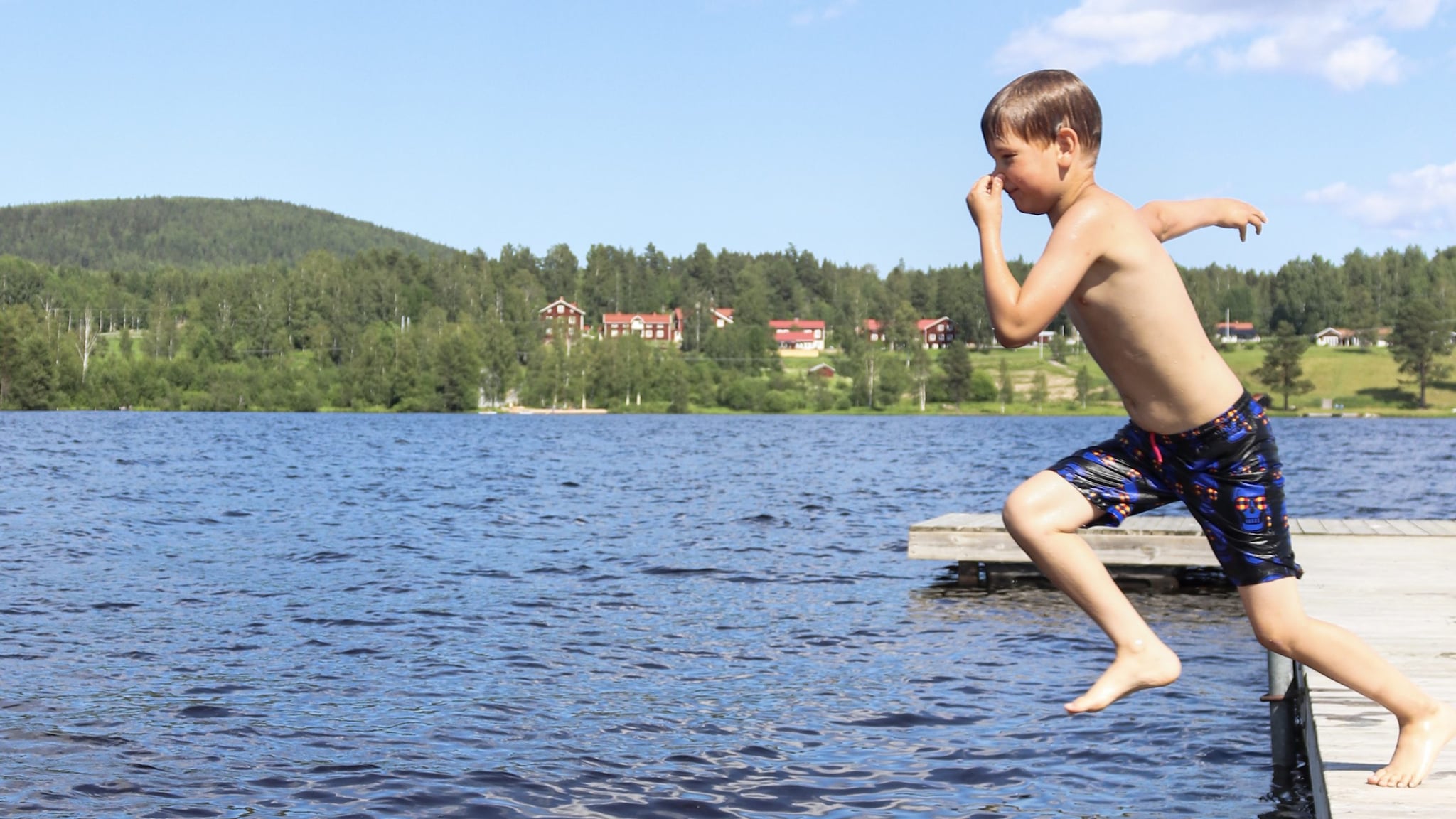Key points
- Naegleria fowleri amebas live in warm fresh water like lakes, ponds, and hot springs.
- Naegleria fowleri can cause a rare but deadly infection when the ameba travels up the nose and to the brain.
- Take steps when swimming or doing other activities in warm fresh water to reduce your risk of Naegleria fowleri infection.

Overview
Seek care for these symptoms
You should assume that Naegleria fowleri is present in all lakes, ponds, rivers, hot springs, and other fresh water.
When the ameba goes up the nose and to the brain, it can cause a rare infection called primary amebic meningoencephalitis, or PAM, which is nearly always fatal.
You can't get PAM by:
- Swimming in a properly maintained and disinfected pool, surf park, or other recreational water venue
- Swallowing water containing Naegleria fowleri
Note: No one in the United States has ever gotten PAM from swimming in salt water.
Prevention tips
The risk of a Naegleria fowleri infection is very low. There are typically fewer than 10 PAM deaths a year in the United States, compared to thousands of drowning deaths.
If you swim, wakeboard, or participate in other water activities, you can take steps to reduce your risk:
- Avoid activities during warmer months when water temperatures rise and water levels go down. Naegleria fowleri amebas thrive in these conditions.
- Hold your nose shut or use a nose clip if you jump or dive into the water.
- Always keep your head above water in hot springs and other naturally hot (geothermal) water.
- Avoid digging in, or stirring up, sediment in shallow, warm fresh water. Naegleria fowleri amebas are more likely to live in sediment at the bottom of lakes, ponds, and rivers.
PAM in your area
If a PAM case has been identified in your area, be sure to follow the prevention tips. Environmental testing and signage are not recommended because:
- The location and number of amebas can vary over time within the same body of water.
- There are no standardized testing methods to detect and determine the number of Naegleria fowleri in the water.
- People might mistakenly think that water without signs is free of Naegleria fowleri.
